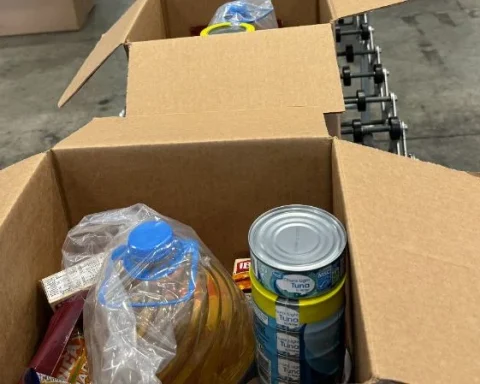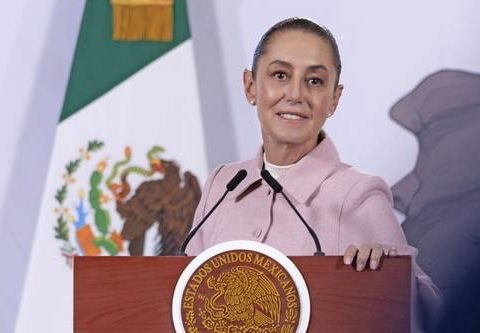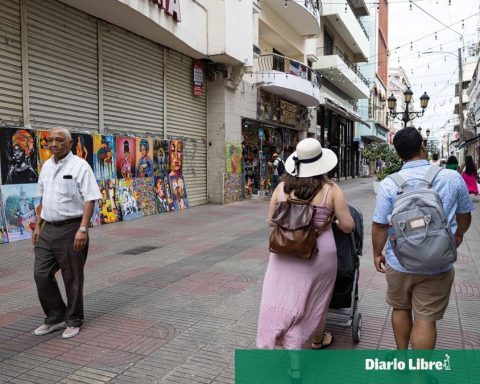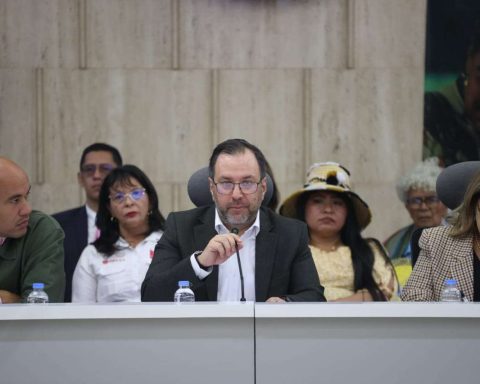The General Directorate of Revenue (DGI), of the Ministry of Economy and Finance (MEF), has registered in the Electronic Invoicing System of Panama (SFEP) a base of more than 13,200 users and informs the State providers that they have been extended until October 31, 2022 to adopt the modality of the Free Biller or a Qualified Authorized Provider (PAC).
Electronic invoicing is applied with the aim of improving and facilitating taxpayers, the sending and receiving of their fully electronic invoices, generating savings in paper, money and space, taking into account that currently archiving physical documents entails storage costs. and file folders, in boxes or entire warehouses.
The tax invoice is the tax receipt for the delivery of a product or provision of a service affecting both taxpayers.
In this sense, Law 76 of 1976 and modified by Law 256 of November 26, 2021, establishes that it is mandatory to issue an invoice or equivalent document to prove any operation related to the transfer, sale of goods and provision of services, as well how to document returns, discounts and in general, all kinds of operations carried out in Panamanian territory. The foregoing, without prejudice to the way in which the transfer is completed, the form of payment and the nationality of the parties. Likewise, this rule is clear in establishing the sanctions applicable to those who fail to comply with the obligation to issue this invoice.
Law 256 formalizes the use of electronic invoicing as a billing method and establishes the mandatory use of the SFEP as of January 1, 2022, for all new single taxpayer registration (RUC) and through Resolution No. 201-5215 The term is extended to October 31, 2022 for all State providers as their exclusive billing method, except for the exceptions established in this law, regulated by Executive Decree No. 25 of June 27, 2022 and regulated in Resolution No. 201 -4617 of June 29, 2022.
At the same time, all State providers must know that the electronic invoice or, failing that, the Electronic Invoice Auxiliary Voucher (CAFE), issued to public entities; It will only be valid if it was previously authorized electronically by the DGI or by the PAC authorized by the DGI. In order for a company or public entity to validate that the electronic invoice has such authorization and that it is, therefore, in the DGI database, it has the following options:
Enter the electronic invoicing web page at the following address: https://dgi-fe.mef.gob.pa and access the invoice query by Single Electronic Invoice Code (CUFE) and enter the CUFE code, which is must be found in the upper section of the Auxiliary Receipt of the Electronic Invoice. (CAFE)
Use a QR code reader (available free of charge for any mobile device) and scan the QR code, which should be found in the upper right corner of the Electronic Invoice Auxiliary Receipt (CAFE). Use an invoice consultation and validation web service, in the case of having the technological capacity to do so and whose technical description can be found in the aforementioned resolution, in the technical documents section. This option is recommended for cases of high volumes of invoices received.











